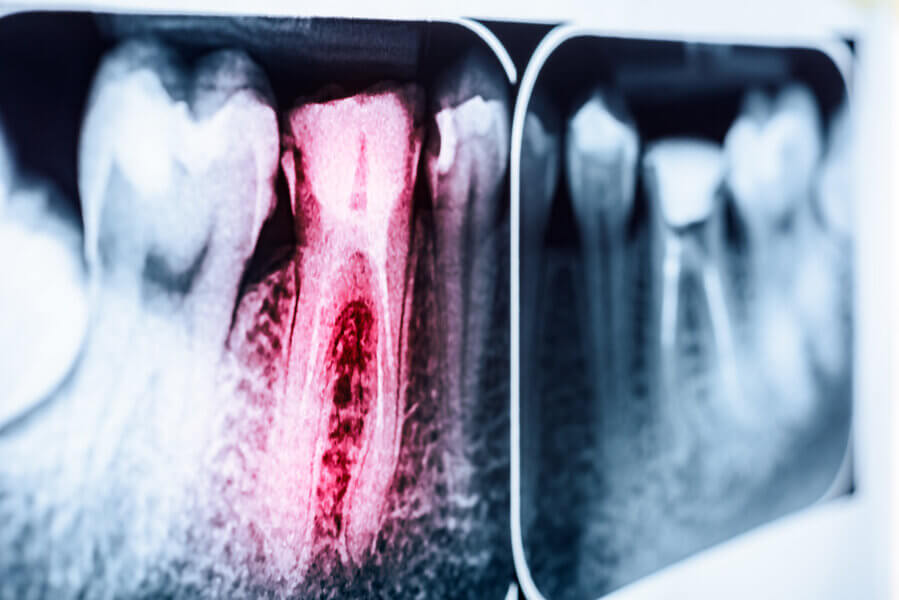
How Periodontitis Causes Tooth Decay
When our periodontist in Vero Beach, FL discovers that you have periodontitis, it may raise concerns about the possibility of tooth decay. We make recommendations to help reduce the risk of damage to your teeth, but it is also important to recognize how periodontitis contributes to tooth decay as part of the process to prevent further complications.
What is Periodontitis?
Periodontitis refers to an infection on the gums. When it is not treated, it may lead to damage to the soft tissues in your mouth, as well as the bones around your teeth. Over time, you may have loose teeth or the loss of a tooth.
In most cases, the condition is possible to prevent through proper oral hygiene. Brushing your teeth two times per day and flossing once per day may help prevent the development of the infection. It is also important to visit your dental office for regular check-ups and cleaning. During a periodontal maintenance cleaning, we may identify signs of the condition before it causes severe tooth decay or loose teeth.
The signs of periodontitis include:
- Bleeding gums
- Swollen gums
- Receding gum line
- Bad breath
- Loose teeth
- Pus between your teeth or from your gums
- Pain when chewing
If you are concerned about the appearance of your gums or teeth, or you notice a difference in your oral health, it’s important to seek out help from a dental professional as soon as possible, especially if you’ve prolonged professional dental cleanings and procedures.
How it Contributes to Tooth Decay
The way periodontitis contributes to tooth decay stems from the bacteria and plaque buildup on the teeth and gums. The infection on the gums stems from bacteria that break down the enamel on the teeth and may result in additional plaque deposits on the teeth. The result of the gradual break down of enamel combined with the receding gumline is tooth decay.
In some cases, periodontitis will go further than the enamel on the teeth and will cause damage to the bones. That may result in loose teeth or even the loss of a tooth. It is important to seek professional treatment if you suspect that you have periodontitis or notice that your teeth are loose. You should also pay attention to any pain while chewing that may stem from the condition. Treatment is possible when you catch the condition before the infection causes severe damage to your teeth. Do not wait for treatment if you suspect that you have periodontitis.
Treating Periodontitis
The primary method of treating periodontitis is through preventative care. It is possible to prevent the condition through regular oral hygiene measures and proper check-ups. When you have already noticed that you have loose teeth or signs of the condition, we may offer additional treatments to help address the underlying problems.
A regular cleaning can help reduce plaque buildup on your teeth. That may help reduce the risk of infection or address infections caused by the condition. We may also recommend medications like antibiotics in some situations to treat the underlying cause of the condition if an infection is present. By eliminating the bacteria in the mouth, it is possible to provide time for your infection to clear up and heal.
Treating Tooth Decay At Home
It is possible to avoid the decay caused by periodontitis by focusing on regular brushing and flossing. As a general rule, you need to brush your teeth at least twice per day and floss at least once per day. In some situations, our periodontist may recommend certain products or tools to help clean as far down the gums as possible at home.
Stop Tooth Decay By Taking Preventative Measures
Once you develop periodontal disease, it does not go away. By seeking early treatment, it is possible to reduce the impact of the condition and encourage your gums and teeth to heal. The challenge is catching the problem early and ensuring that you have the right strategies to help with the process of healing. By focusing on preventative measures and seeking regular check-ups with our dental professionals, it is possible to prevent future cases of periodontitis and limit plaque buildup in your mouth.